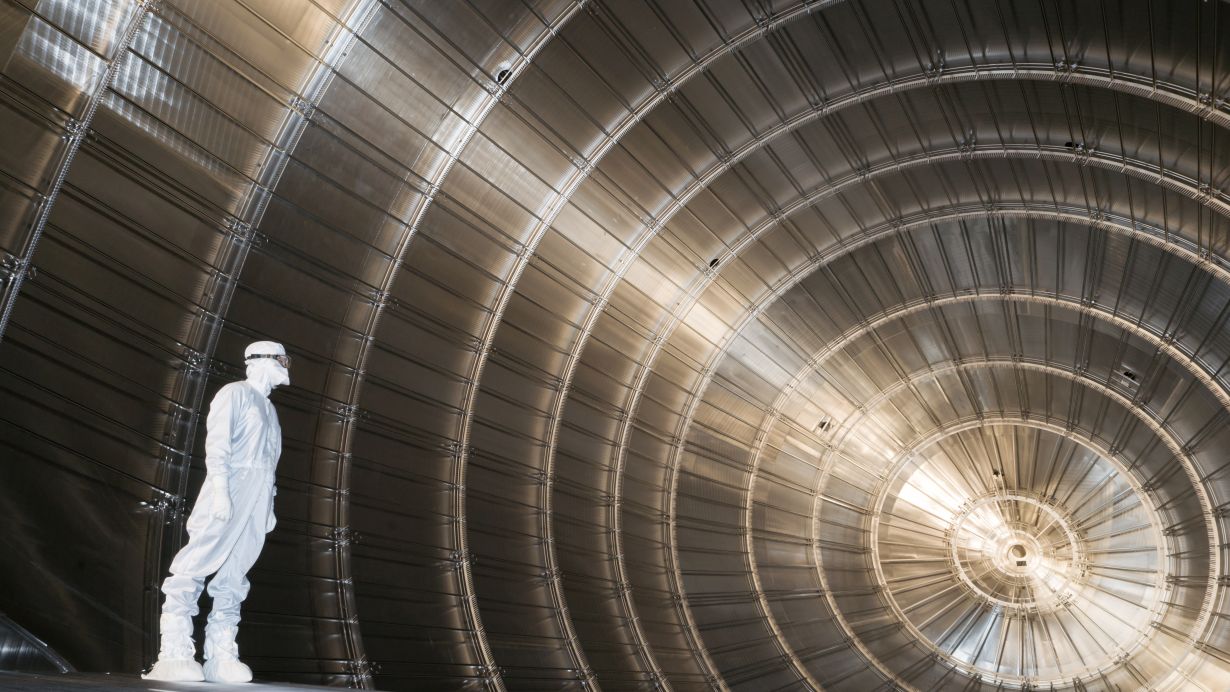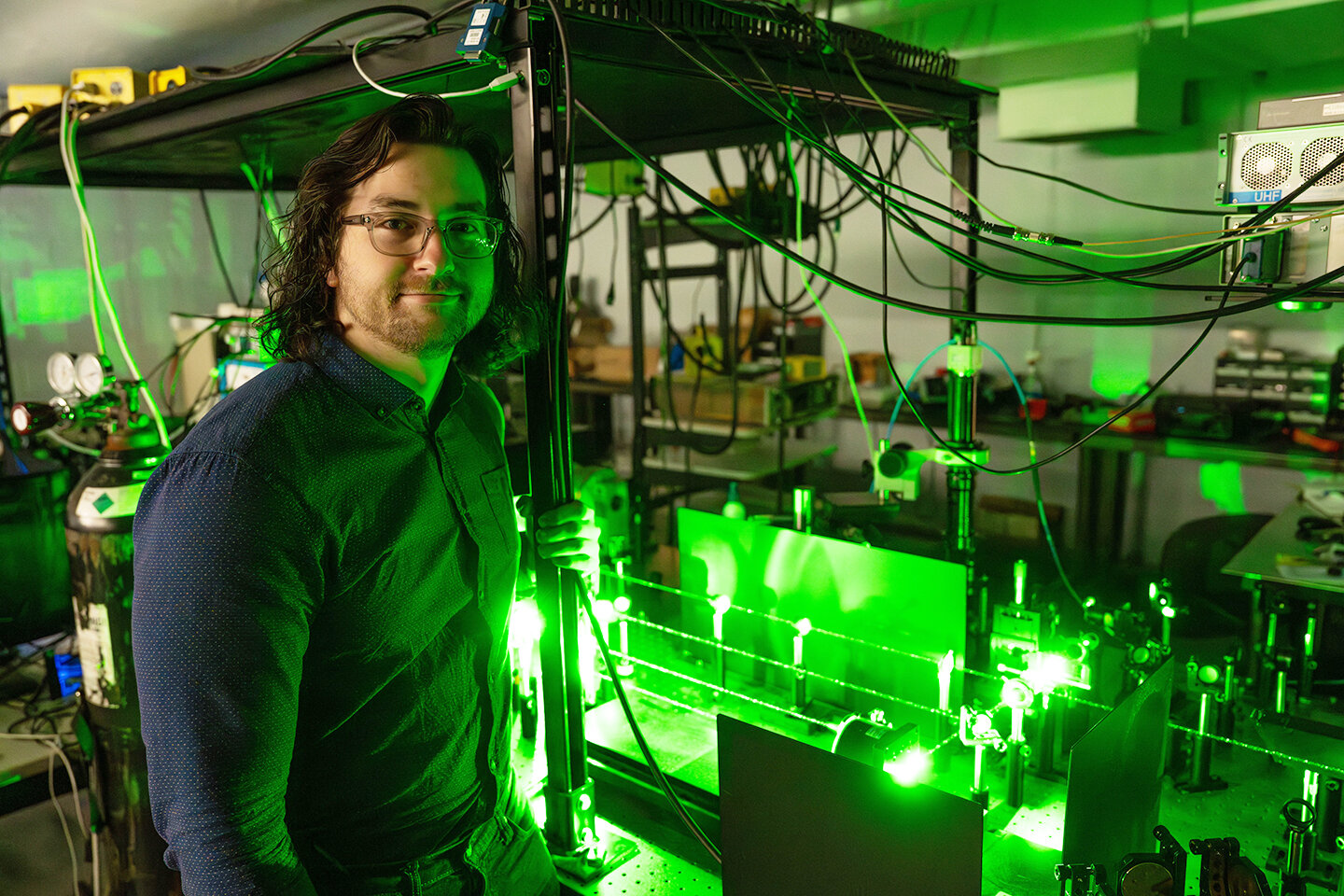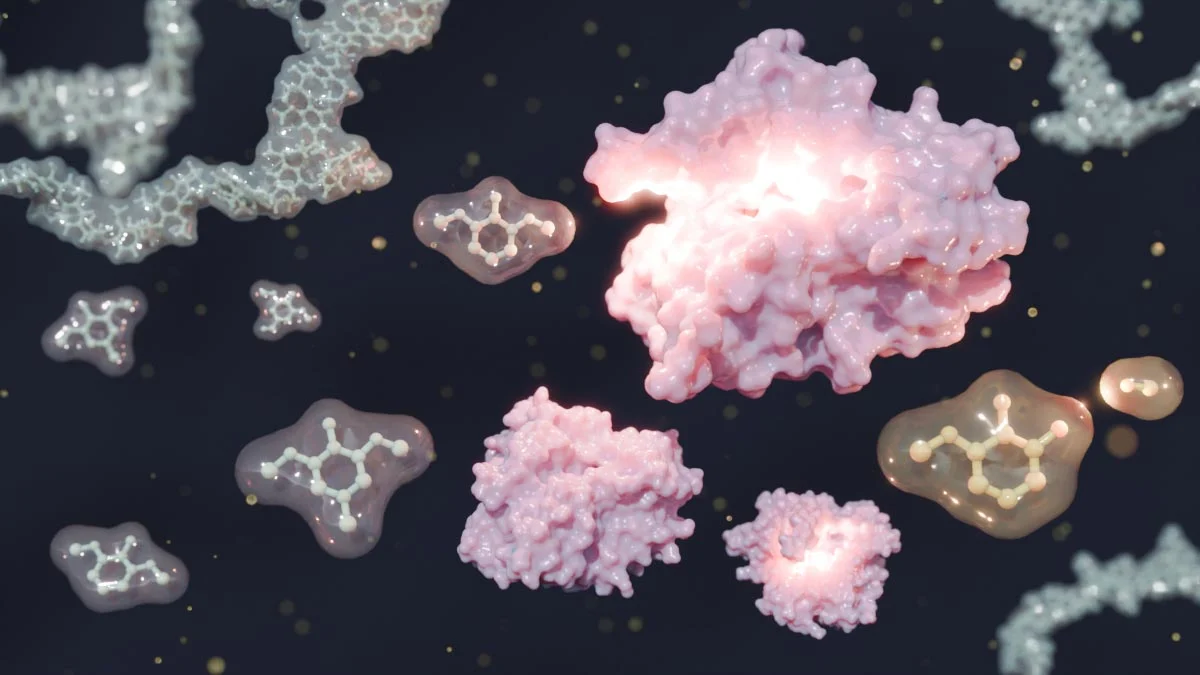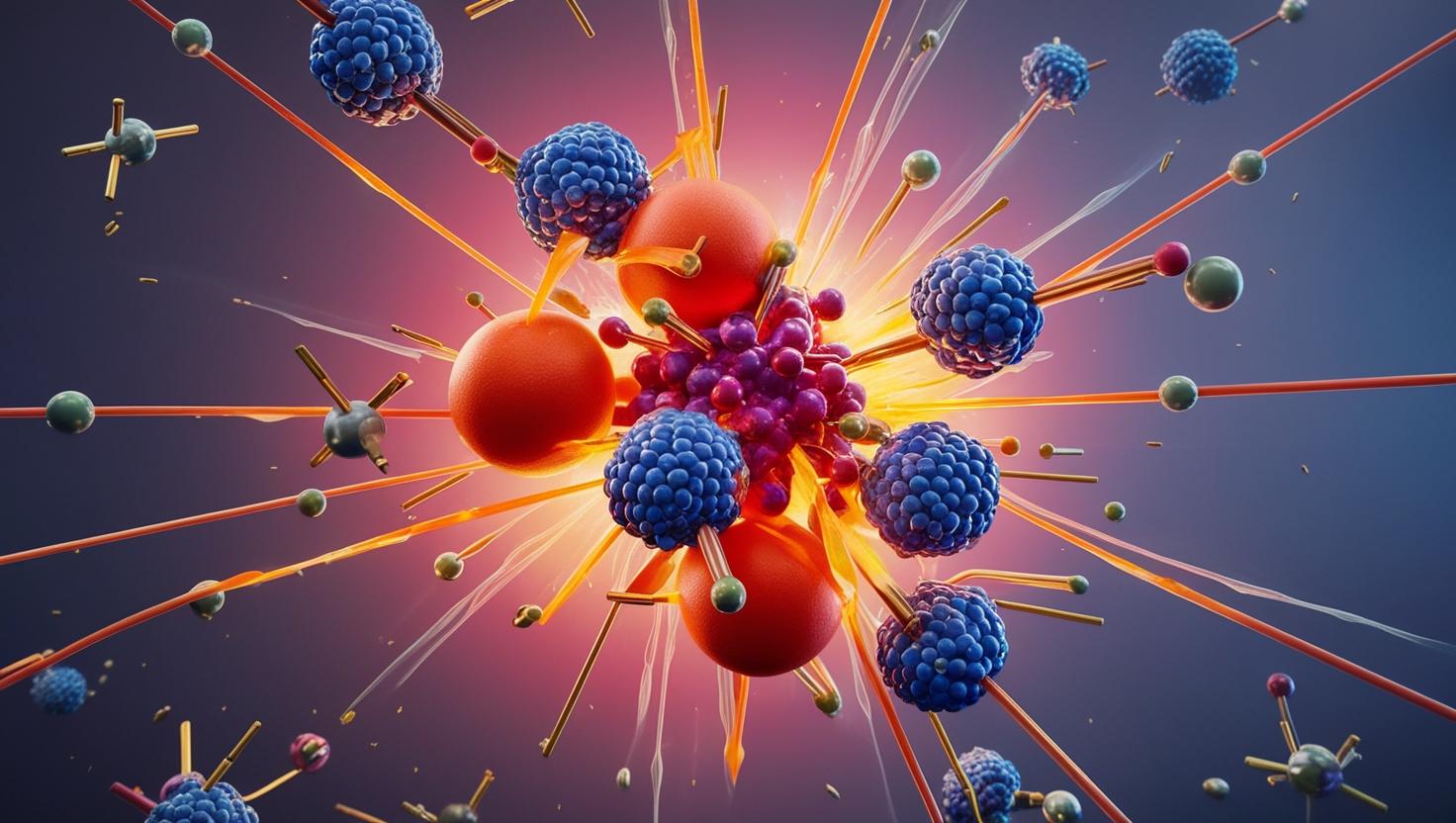Image by lavaki from Pixabay
Every year, more than 1,500 babies in the U.S. alone die from Sudden Infant Death Syndrome (SIDS) or related conditions—numbers that haven’t budged much despite safer sleep campaigns. Now, Rutgers researchers propose an intriguing new possibility: caffeine, the humble stimulant, might help protect infants from dangerous drops in blood oxygen—opening a compelling new chapter in SIDS prevention.
Why Are Oxygen Dips a Common Thread?
Nearly all SIDS risk factors—belly sleeping, secondhand smoke, overheating, premature birth—share a common physiological problem: intermittent hypoxia, or repeated dips in blood oxygen levels. These sudden lulls may overwhelm fragile babies, triggering unexplained deaths. Recognizing this, researchers have begun asking: could boosting breathing reflexes help?
Caffeine: More Than a Morning Perk
Caffeine isn’t a stranger to neonatal wards. It’s widely used to treat apnea in preterm infants, where it safely stimulates breathing. But there’s more: newborns metabolize caffeine slowly. One dose can linger for weeks—just as the risk window for SIDS peaks between 2–4 months of age. That overlap might not be a coincidence.
The Rutgers Hypothesis: Stimulating Survival
Dr. Thomas Hegyi and his team at Rutgers Robert Wood Johnson Medical School suggest caffeine might strengthen infants’ respiratory control during low-oxygen episodes. Their editorial in the Journal of Perinatology doesn’t present new trials—but calls for urgent research into caffeine’s protective potential.
“After decades of stalled progress in SUID prevention, the caffeine hypothesis aims to stimulate new thinking.”
— Dr. Thomas Hegyi
How Might It Reach Babies?
Caffeine is easy to administer. It could be given orally, mixed into formula, passed through breast milk, or even delivered via a slow-release patch. With a long-lasting effect, one treatment might carry infants safely through the highest-risk months.
A Pair of Questions Remain
Is it safe long-term?
While short-term caffeine use in preemies is well studied, extending use to full-term babies needs further safety trials.
Will it truly reduce SIDS rates?
This hypothesis is promising, but only controlled trials can determine its real-world impact.
What This Means for Parents
No immediate changes
This is early-stage research; caffeine is not yet recommended for SIDS prevention.
Safe sleep still matters
Always place infants on their back, on a firm mattress, in a smoke-free room. Avoid overheating and loose bedding.
Stay curious
Watch for new studies—and talk to your pediatrician if new guidelines emerge.
Looking Ahead
Could caffeine one day join the list of recommended SIDS-prevention tools? If Rutgers’ researchers are right, this widely available, well-understood stimulant may help fragile babies breathe easier—and perhaps save lives.
What Do You Think?
Could one familiar stimulant unlock stronger breathing in babies—and change how we prevent SIDS? Let us know your thoughts below!
Reference: “Reducing the risk of sudden unexpected infant death: the caffeine hypothesis” by Thomas Hegyi, and Barbara M. Ostfeld, 10 June 2025, Journal of Perinatology.
DOI: 10.1038/s41372-025-02333-x
Daily science news 2025, Best science blogs, New science research 2025, Popular science articles, Latest science news 2025










